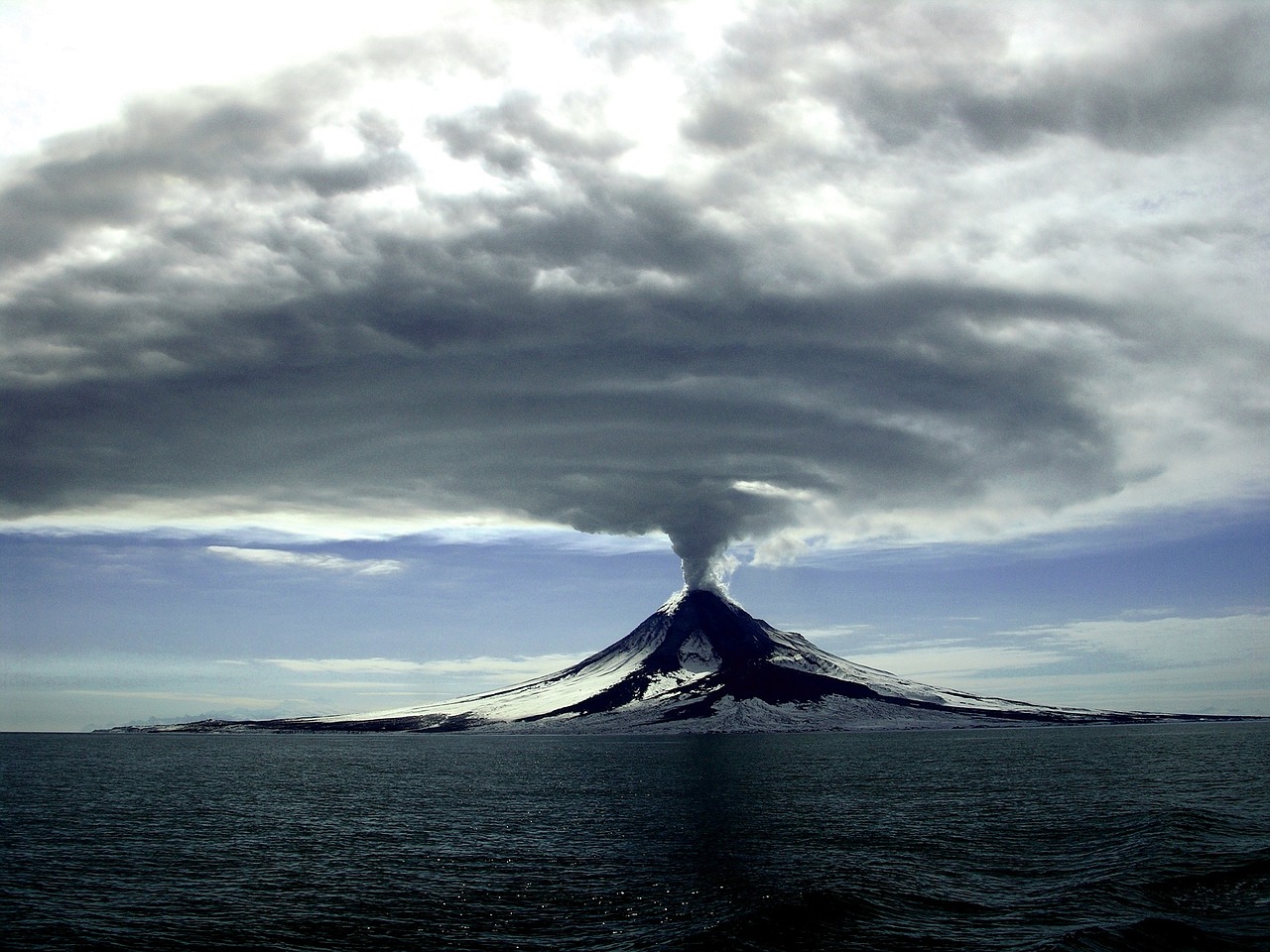Scientists are finally able to understand why cap carbonates exist. Cap carbonates are layers of limestone and dolostone that have been deposited over top of Neoproterozoic glacial deposits. In geology layers of rock strata are studied to determine Earth’s history. Layers are deposited on top of one another to form a geologic timeline of Earth. In this case, cap carbonates were formed over glacial deposits and scientists wanted to know why.
Astrobiology Web explains that approximately 640 million years ago, during the Neoproterozoic Era, Earth was covered in ice. Earth at this time is referred to as a “Snowball Earth”. These Snowball Earth conditions lasted until volcanic eruptions released enough carbon dioxide into the atmosphere to warm Earth. This caused Earth, in its snowball state, to melt.
According to Astrobiology Web scientists had not been able to explain, until now, why cap carbonates existed in warm waters during this deglaciation period, or period of melting. In a study published by Nature Geoscience, the reason for the existence of the cap carbonates in warmer waters is altered ocean chemistry during the break up of Rodinia. Rodinia is a super-continent that once held the majority of Earth’s landmass.
matter from underwater volcanoes underwent fast chemical reactions and changes during the break up of Rodinia.
Phys.Org reports that matter from underwater volcanoes underwent fast chemical reactions and changes during the break up of Rodinia. The changes had an effect on the biogeochemistry of oceans and this played a vital role in the creation of cap carbonates. When lava exploding from underwater volcanoes reacted with water and then began to accumulate on the ocean floor, cap carbonates were formed. This discovery means that these thick deposits of limestone and dolostone that appear after the Snowball Earth period were created by volcanic activity. The same volcanic activity that led to the melting of the Snowball Earth.
























